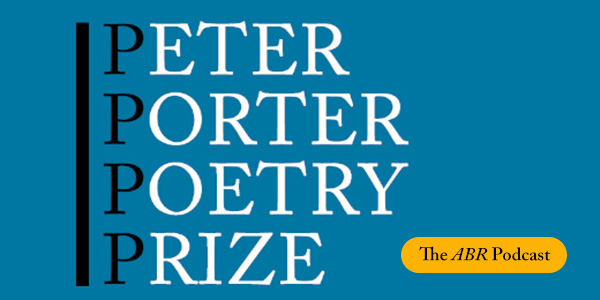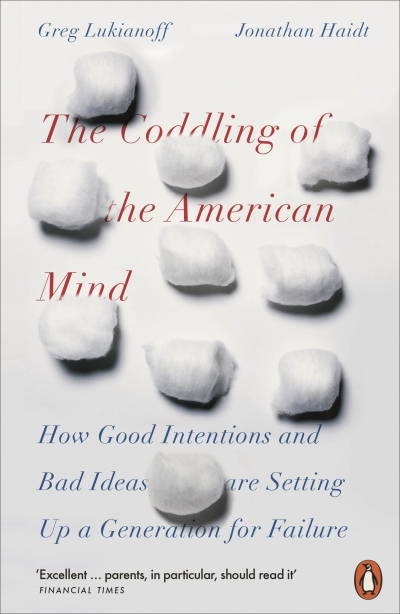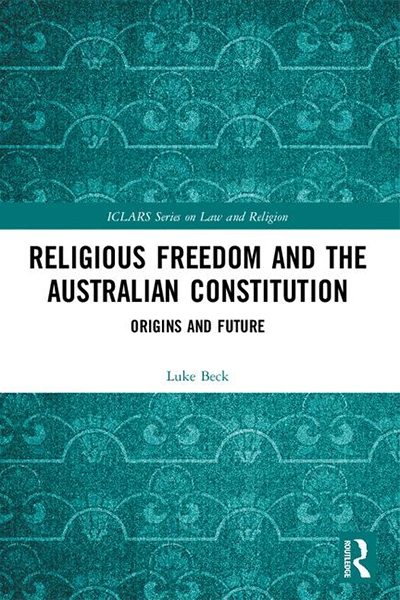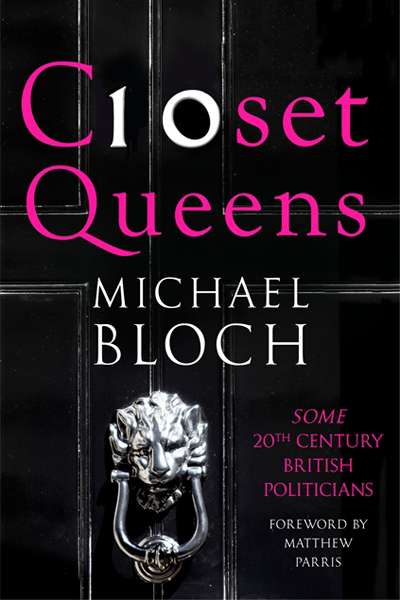Accessibility Tools
- Content scaling 100%
- Font size 100%
- Line height 100%
- Letter spacing 100%
David Rolph
The ABR Podcast
Released every Thursday, the ABR podcast features our finest reviews, poetry, fiction, interviews, and commentary.
Subscribe via iTunes, Stitcher, Google, or Spotify, or search for ‘The ABR Podcast’ on your favourite podcast app.
2025 Peter Porter Poetry Prize Shortlist
Read by the poets
This week on The ABR Podcast we feature the 2025 Peter Porter Prize shortlisted poems, as read by the five poets, published in the January-February issue of ABR.
Recent episodes:
On this week’s ABR Podcast hear leading defamation scholar David Rolph discuss recent proceedings in the Federal Court relating to the reputation of Ben Roberts-Smith, a decorated soldier accused of war crimes in Afghanistan. David Rolph is a Professor of Law at Sydney University and the author of several books, including Reputation, Celebrity and Defamation Law and Defamation Law. Here is David Rolph with ‘Self-inflicted wounds: A vindication of investigative journalism’, which will appear in the July issue of ABR.
... (read more)Justice Anthony Besanko’s dismissal of Ben Roberts-Smith’s defamation proceedings against a trio of mastheads – The Age, The Canberra Times, and The Sydney Morning Herald, at the time all owned by Fairfax – was a comprehensive victory for those newspapers. It was a vindication of their serious investigative journalism on matters of high public interest. And it was a devastating blow to the reputation of Roberts-Smith.
... (read more)In this week’s ABR podcast, David Rolph, Professor of Law at the University of Sydney, analyses the implications of the aborted Murdoch v Crikey defamation case concerning the January 6 attacks on the Capital building. Rolph argues that it was set to be an early test of the new public interest defence within federal defamation law but that Lachlan Murdoch likely dropped the action because of its implications for legal proceedings in the US involving his media company. Listen to David Rolph, the author of books including Reputation, Celebrity and Defamation Law, read ‘Who blinks first: Lachlan Murdoch v Crikey’, from the June issue of ABR.
... (read more)Lachlan Murdoch’s defamation proceedings against Crikey promised to be a test case on the new public interest defence. Following Murdoch’s discontinuation of his claim in April, the scope and application of the public interest defence to defamation await another appropriate vehicle.
... (read more)In early September, the High Court of Australia handed down its decision in Fairfax Media Publications v Voller. The case attracted significant public attention in Australia due to the high profile of the plaintiff. It also attracted not only national but international attention, due to the nature of the central issue: are media outlets liable for the comments posted on their public Facebook pages by third parties?
... (read more)The Coddling of the American Mind by Greg Lukianoff and Jonathan Haidt
Ma’am Darling: Ninety-nine glimpses of Princess Margaret by Craig Brown
It is not often that a legislative provision leaves the pages of the statute books and enters everyday conversation. Statutory interpretation rarely enters public consciousness ...
... (read more)









